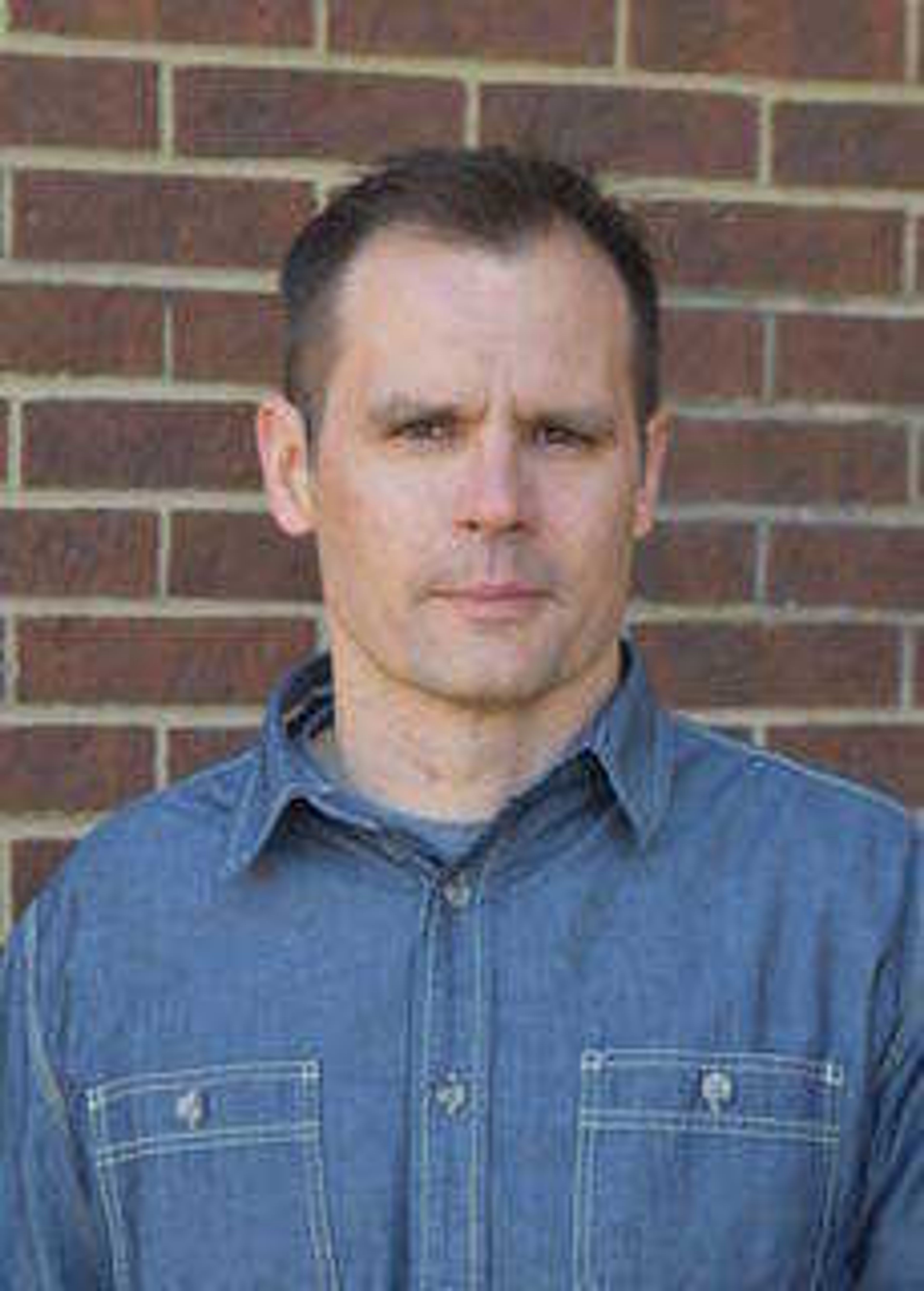Three questions to answer in time of crisis
At this writing it is early morning and I am comfortably in my home. But, as with many others, my mind and my prayers are on other side of the world. The world is watching as the events of the magnitude-9.0 earthquake unfold in Japan. Destruction, radiation, economic worries all top the headlines, dominate the conversations and haunt the people who are living through it...
At this writing it is early morning and I am comfortably in my home. But, as with many others, my mind and my prayers are on other side of the world.
The world is watching as the events of the magnitude-9.0 earthquake unfold in Japan. Destruction, radiation, economic worries all top the headlines, dominate the conversations and haunt the people who are living through it.
My day is beginning. The sun is yet to show itself.
In Japan the day is drawing to a close. Night has grown.
In my church, we have begun a study on the book Nehemiah. Nehemiah was an ordinary man, taken from his home by an invading army, recruited to work for this enemy and is now employed in the service of the king. The story begins Nehemiah hears from his brother, who has just returned from their home city, the condition of their people who remained, the men and women who were able to return and the shape of the city and her walls. The news he receives grieves him.
The people are discouraged. The people are distraught. The walls and the gates are destroyed. It seems all too appropriate, all too contemporary.
In Nehemiah's day, the fallen walls weren't simply an aesthetic issue. Walls were power and defense. Walls kept the wild animals who would nocturnally roam looking for an easy meal. Walls kept out thieves seeking to take what they wanted from whom they wanted when they wanted. Fallen walls would shake them with an understanding that God's blessing, power and favor no longer resided with them. Nehemiah grieved over the news and was drawn into a deep season of prayer.
Four months later, he could no longer hide his grief before the king. The king begins to converse with his trusted servant by asking only three questions receiving detailed answers for each: Why are you downcast? What do you want? How long will it take?
Staring destruction in the face should cause us to prayerfully answer these three questions. What is causing the distress? What should be different? How will you address it?
Crisis of any shape and size, personal or public, must be drawn to prayerfully answer these three questions. The tasks are tremendous, the need is enormous, and the answer is God using ordinary people moved so deeply that they must address it.
Rob Hurtgen is a husband, father, minister and writer. Read more from him at www.robhurtgen.wordpress.com.
Connect with the Southeast Missourian Newsroom:
For corrections to this story or other insights for the editor, click here. To submit a letter to the editor, click here. To learn about the Southeast Missourian’s AI Policy, click here.










